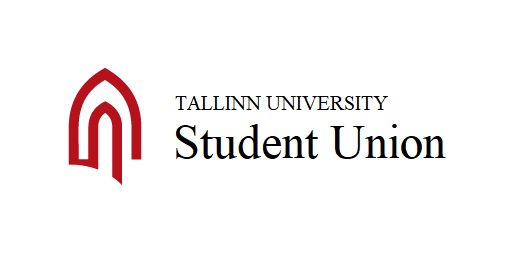Counselling and support students
Educational Counselling
The member of the Board in the field of Education and Science Policy can be contacted if you have questions or misunderstandings regarding the Study Regulations (ÕKE) provisions (for example, in case of violations of your interests and rights related to studies, or if you simply need advice on using educational opportunities). You can also reach out to them if you would like to contribute to the development of your curriculum but are unsure whom to contact. Write to aseharidus@esindus.ee and you can arrange a meeting if desired!
The course representative ensures that you receive information related to your course that may not be available through other channels. They also advocate for your rights and can guide you. Through the course representative, your and your classmates’ concerns, ideas, and suggestions reach the student body. Feel free to contact your course representative, as they are the closest person to you involved in student counseling! If your course does not yet have a course representative, you can contact your student council.
The student council exists in every unit and operates for the students there. The student council helps you find answers to questions and protects your rights at the unit level.
You can seek advice from the academic unit’s study advisor if you need assistance with study-related matters (such as schedule, course registration, study materials, faculty office hours, lecture information, ECTS credits). You can find the study advisor’s contact information on your institute’s website.
Academic advisors are study specialists within the academic department whom you can approach for assistance with general questions related to learning and study organization (such as academic calendar, study workload, academic leave, studying as an exchange student, scholarships, and grants).
Additional information
A board member in the field of education
aseharidus@esindus.ee.

Other counseling options
The board member in the field of social policy is available to assist you with any misunderstandings or issues related to counseling, access to higher education, scholarships and grants, student housing, equal treatment, and the learning environment. Additionally, you can contact them if you want to contribute to the development of the learning environment at Tallinn University, including proposing environmentally sustainable solutions. Feel free to write to asesotsiaal@esindus.ee and you can arrange a meeting if desired!
Additional information
Sharon Kaasik
Vice-Chairman of the Executive Board, Social Policy
asesotsiaal@esindus.ee
Student Counseling Center
Tallinn University’s Student Counseling Center is located next to the Student Union office and the student kitchen, in room S-142. The counseling center is staffed by three specialists, whom all entrants, students and alumni can turn to for FREE.
We care about you and your well-being on your way to university, so feel free to contact us for crisis prevention or other advice!
Additional information
Counseling center homepage
noustamiskeskus@tlu.ee
In case of a mental health crisis, be sure to call the lifeline number 6558088 or 122!
Support students
Support students (formerly tutors) are senior students who have received specialized training to support other students throughout their studies. You can turn to a support student for both academic and personal concerns. They do not provide advice but act as attentive listeners, helping you find the best solutions for yourself and guiding you further if needed.
Support students provide a space to freely discuss any issues that are concerning you. Sometimes, simply being able to talk about your worries can be helpful, especially knowing that the other person is genuinely listening.
Link to Tallinn University’s page on peer mentors: TLÜ Tugitudengid
Support student program
The program is designed to emphasize the importance of students supporting each other in their daily lives. Typically, people first seek support from friends to discuss emerging issues. However, at such times, the skills of loved ones may be insufficient, as they may hesitate and lack the necessary expertise. The goal of the Support Student Program is to better prepare supportive students so that they feel confident in supporting their peers and are aware of the professional network around them.
To become a support student, individuals must complete the Ann Ford Peer Mentor Training Program developed at the University of Oxford. The training lasts for 10 weeks with a total workload of 30 hours. It covers fundamental counseling skills such as active listening, maintaining confidentiality, respecting boundaries, and recognizing signs that indicate the need to encourage students to seek professional help. During practical sessions, there are biweekly supervision meetings to reinforce skills and receive support for practical work. It is important to emphasize that peer mentors are not counselors and will encourage seeking further support when necessary.
The program spans two semesters, with training in the spring semester and a 4 ECTS credit internship in the fall semester, providing an opportunity to apply acquired skills in practice.
Trainers at Tallinn University hold certification as Anne Ford Peer Mentor Program trainers.
If you wish to join, please contact kadri.pakaste@tlu.ee.
Feel free to join!

